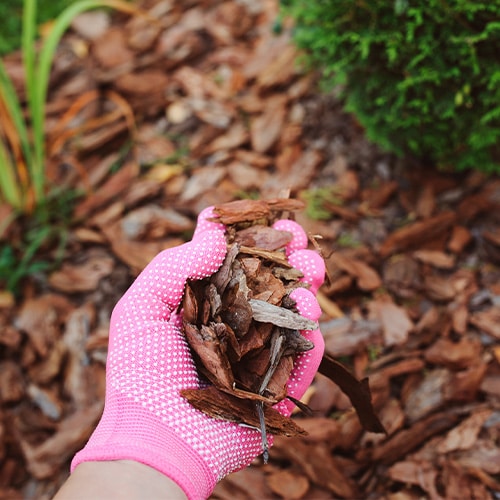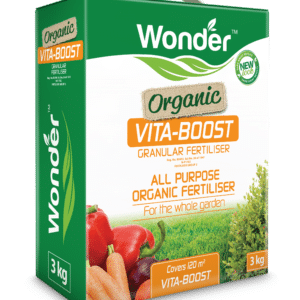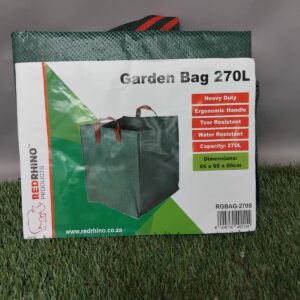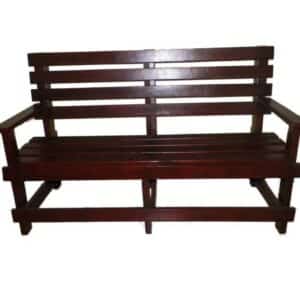A beginner’s guide to mulching
DIY and how-to

The benefits of mulching and how to do it
We’ll be honest, it’s a bit of a strange word, but, in practice, mulching couldn’t be more common.
Let’s start with the basics, shall we?
What is mulch?
In a nutshell, mulch is a layer of material (organic or inorganic) that is spread on the surface of the soil around plants to enrich and/or insulate the soil. There are two main types of mulch: organic mulch includes compost, pine needles, grass clippings, bark chips and leaves, while inorganic mulch includes stones, gravel and plastic/landscape sheeting.
How do you choose the right mulch for your garden?
Both types of mulch come with their own pros and cons. In the case of organic mulch, while it does decompose and needs to be replaced, it does improve your soil’s structure and add important nutrients and minerals to the soil.
In the case of synthetic mulch, while it doesn’t add any nutrients to the soil, it’s longer lasting as it doesn’t decompose or need to be replaced frequently.
How much mulch do you add to your garden?
Not too thick and not too thin, the perfect, Goldilocks layer of mulch is 5cm to 7cm thick.
Inside tip: If you’re using mulch to try and get a handle on weeds, make sure the area is thoroughly weeded before applying mulch.
If your mulch is too thick, it can stop water from reaching your soil and consequently your plants’ roots. But if it’s too thin, water will evaporate from the soil, effectively rendering one of the main purposes of mulching useless.
Inside tip: If you are mulching around trees and shrubs, don’t be tempted to add an extra-thick layer of mulch around the trunk, as this can encourage pests and diseases.
3 benefits of mulching in summer
Need an extra nudge, or three, to start mulching this season? Here are three reasons why your garden will benefit from mulching this summer.
Helps retain moisture in the soil
Mulch prevents evaporation by protecting soil from the direct rays of the sun, which reduces the amount of water needed to irrigate your plants and also helps the soil retain moisture for longer, and also keeps the moisture already in the soil, for longer.
It makes a great insulator
If your garden has to survive hot summers or frosty winters, mulch acts as a great insulator by regulating the soil temperature. This helps keep roots cool in summer and warm in winter, and generally makes for a less-stressed and happier plant.
It helps protect seedlings
Mulch can act like a mini umbrella, shielding little seedlings from the harsh summer sun. And, well, is there any cuter image you need to encourage you to mulch than the thought of a little seedling umbrella? We thought not.




